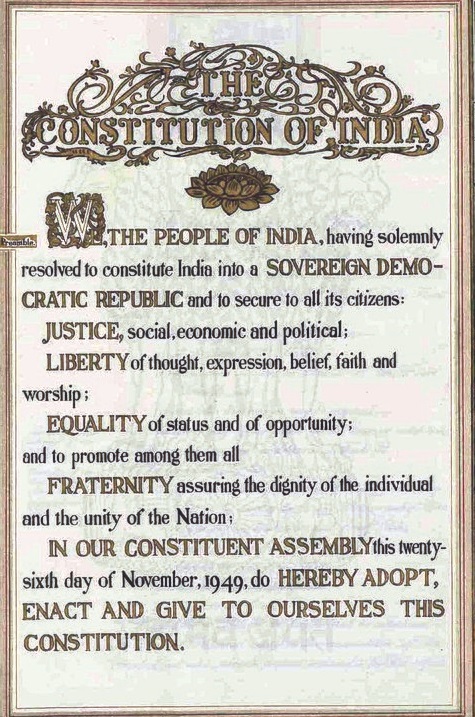![]()
338. Special Officer for Scheduled Castes, Scheduled Tribes, etc.
(1) There shall be a Special Officer for the Scheduled Castes and Scheduled Tribes to be appointed by the President
(2) It shall be the duty of the Special Officer to investigate all matters relating to the safeguards provided for the Scheduled Castes and Scheduled Tribes under this Constitution and report to the President upon the working of those safeguards at such intervals as the President may direct, and the President shall cause all such reports to be laid before each House of Parliament
(3) In this article references to the Scheduled Castes and Scheduled Tribes shall be construed as including references to such other backward classes as the President may, on receipt of the report of a Commission appointed under clause (1) of the Article 340, by order specify and also to the Anglo Indian community.

